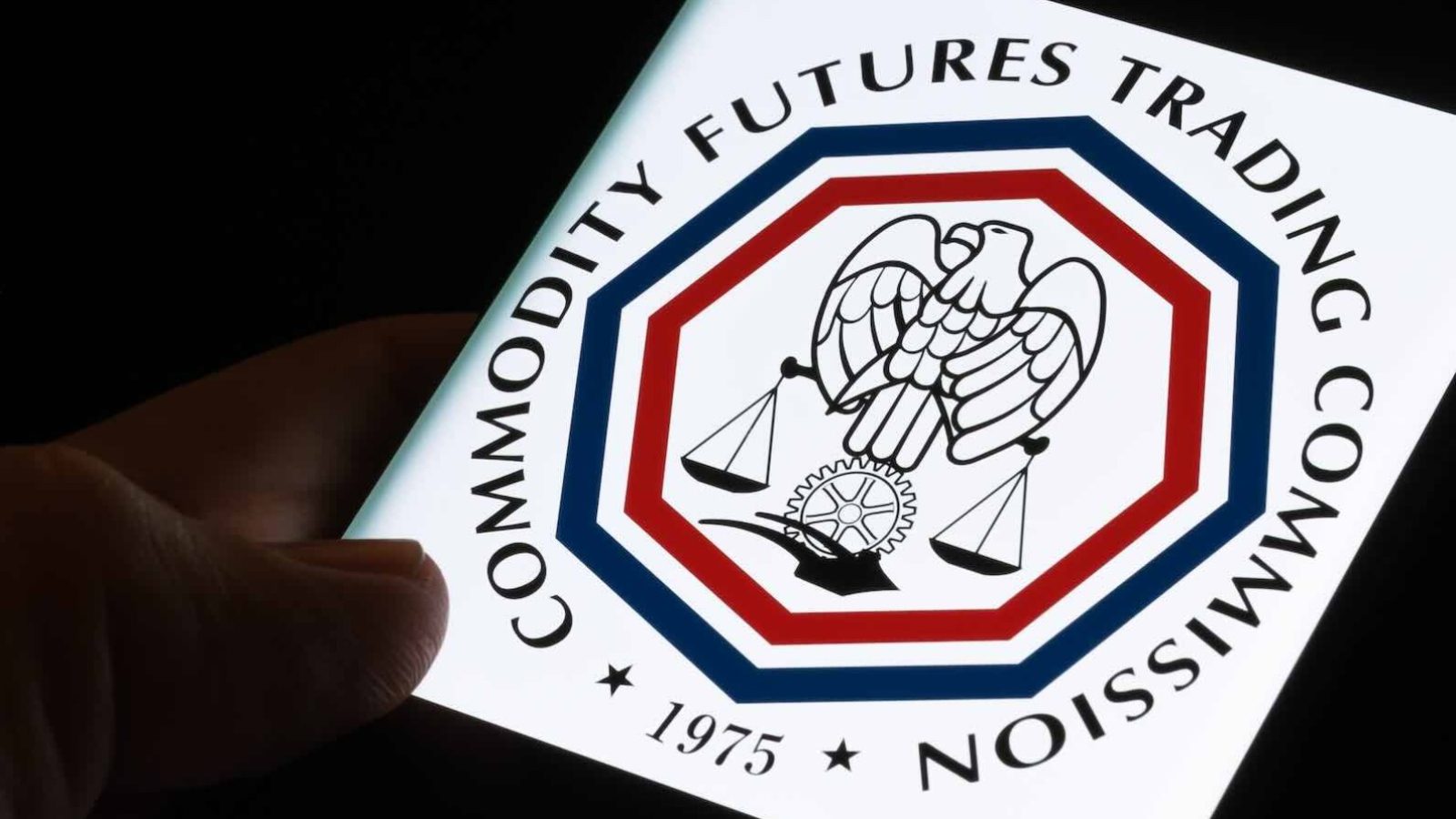The Commodity Futures Trading Commission (CFTC) late Monday voluntarily withdrew its appeal in federal court in a case against prediction-market provider Kalshi. In September, the U.S. District Court for the District of Columbia ruled in Kalshi’s favor, allowing it to offer event contracts on the November 2024 presidential election. That ruling will now stand.
At about the same time, the agency posted on its website that employees there have been placed on “administrative leave” for potential violations. It’s unclear which or how many employees are on leave or if the agency is temporarily shutting down.
Since the September court ruling, Kalshi has been active in court in other states, and 11 days ago the CFTC canceled a scheduled April 30 roundtable that was supposed to allow stakeholders to voice thoughts about what role prediction markets have — and what impact an expansion into sports events contracts might have — on the gambling landscape nationwide.
Among other issues rooted in federalism and states’ rights, is that state-regulated sports betting companies are held to different sets of regulations set by individual states than Kalshi or other similar companies, which are federally regulated. Legal U.S. sportsbooks pay taxes to the states they operate in, and many have stringent consumer protections and responsible gambling rules. Prediction markets, while they are heavily regulated at the federal level as Designated Contract Markets and must adhere to the CFTC’s 23 “Core Principles,” do not currently abide by state-based rules and regulations.
NBA, others: Is CFTC prepared?
Whether states or the federal government has jurisdiction, and whether any of it is shared, is the core issue in the three ongoing lawsuits in federal court right now between Kalshi and Nevada, Kalshi and New Jersey, and both Kalshi and Crypto.com and Maryland. Whether the CFTC as an agency is staffed, trained, or equipped to handle the various issues presented by trading or betting on sports event outcomes has been questioned by numerous stakeholders, including most recently the National Basketball Association.
Just last week the NBA issued a public comment regarding prediction markets, writing in pertinent part (emphasis added):
“This expansion [of types of markets offered] which has proceeded entirely via the self-certification process, suggests to us that player proposition markets (i.e., markets focused on a player’s single-game performance) or other potential markets (e.g., markets focused on officiating decisions, league rules, or player injuries) are not far behind. This rapid expansion of sports prediction markets has occurred in the absence of the kind of robust, sports-specific regulatory framework that would aim to protect the integrity of the games being played.”
The filing by the CFTC offers no reason for seeking the voluntary dismissal of the appeal, only that the appeal be “voluntarily dismissed, on terms agreed upon by the parties attached in the Joint Stipulation.” The Joint Stipulation notes each party will cover its own costs for both the Appellate and District courts as well as all administrative proceedings before the CFTC.
Both parties also agreed that Kalshi “waives any and all claims relating to or arising from litigation of this matter before this Court, the district court, or administrative proceedings before the Commission, that Kalshi may have had under the Equal Access to Justice Act … and/or the rules promulgated by the Commission … and the Small Business Regulatory Enforcement Fairness Act of 1996.”
Statement about ‘administrative leave’
In a one-paragraph posting on its website Monday, the CFTC wrote:
WASHINGTON, D.C. — The CFTC is committed to holding employees to the highest standards, as expected by American taxpayers. Pursuant to the President’s executive orders on lawful governance and accountability, the CFTC has placed staff on administrative leave for potential violations of laws, government ethics requirements and professional rules of conduct. Investigations are currently ongoing into these matters and the CFTC will provide updates as appropriate.
An inquiry sent to the CFTC’s media email address was not immediately returned.
Chris Altruda contributed to this report.
This is a breaking news story and will be updated.






